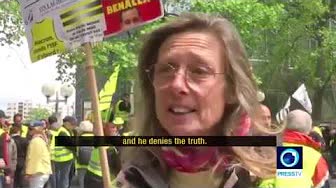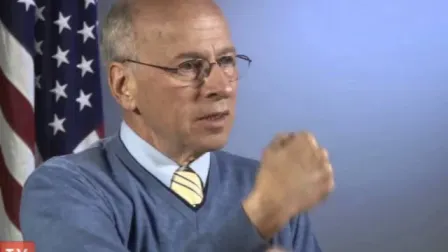
Boris really pro Brussels oligarchy, Corbyn really a Brexiteer! perverse UK election
Tony Gosling
Jeremy Corbyn could lose Labour 23 Leave-backing seats by frustrating Brexit
https://www.telegraph.co.uk/politics/2019/01/25/corbyn-could-lose-labour-23-leave-backing-seats-frustrating/
France and Germany hope to revive EU with Aachen treaty https://euobserver.com/political/143979
Capitalism’s suicidal trajectory can’t be ignored
20 November 2019
https://www.jonathan-cook.net/blog/2019-11-20/capitalism-suicide/
If we make it out of the climate emergency, we may come to view the few decades usually described simply as the Cold War that followed the Second World War as halcyon days – at least relative to what we are facing now.
The Cold War was a power struggle between two economic empires for global domination – between the United States and its vassal states, including Europe, on one side, and Russia and its vassal states lumped together into the Soviet Union, on the other. The fight was between a US-led capitalism and what was styled as a Soviet-led “communism”.
That struggle led to an all-consuming arms race, the rapid accumulation of vast nuclear arsenals, the permanent threat of mutually assured destruction (MAD), military bases in every corner of the planet, and the demonisation by each side of the other.
Not much has changed on any of those counts, despite the official ending of the Cold War three decades ago. The world is still on the brink of nuclear annihilation. The arms race is still at full throttle, though it is now dominated by private corporations making profits from “humanitarian interventions” based on “Shock and Awe” bombing campaigns. And the globe is still awash with military bases, though now the vast majority belong to the Americans, not the Russians.
‘End of history’
After the fall of the Soviet Union at the end of the 1980s, we moved from a bipolar world to a unipolar one – where the US had no serious military rival, and where there was no longer any balance of forces, even of the MAD variety.
That was why US empire intellectuals such as Francis Fukuyama could declare boldly, and with so much relief, the “end of history”. The US had won, capitalism had emerged victorious, the west’s ideology had prevailed. Having defeated its rival, the US empire – supposed upholder of democratic values – would now rule the globe unchallenged and benevolently. The dialectics of history had come to an end.

22:09

1:03:04

5:44

17:56

31:50

17:18

3:25

12:56

23:22